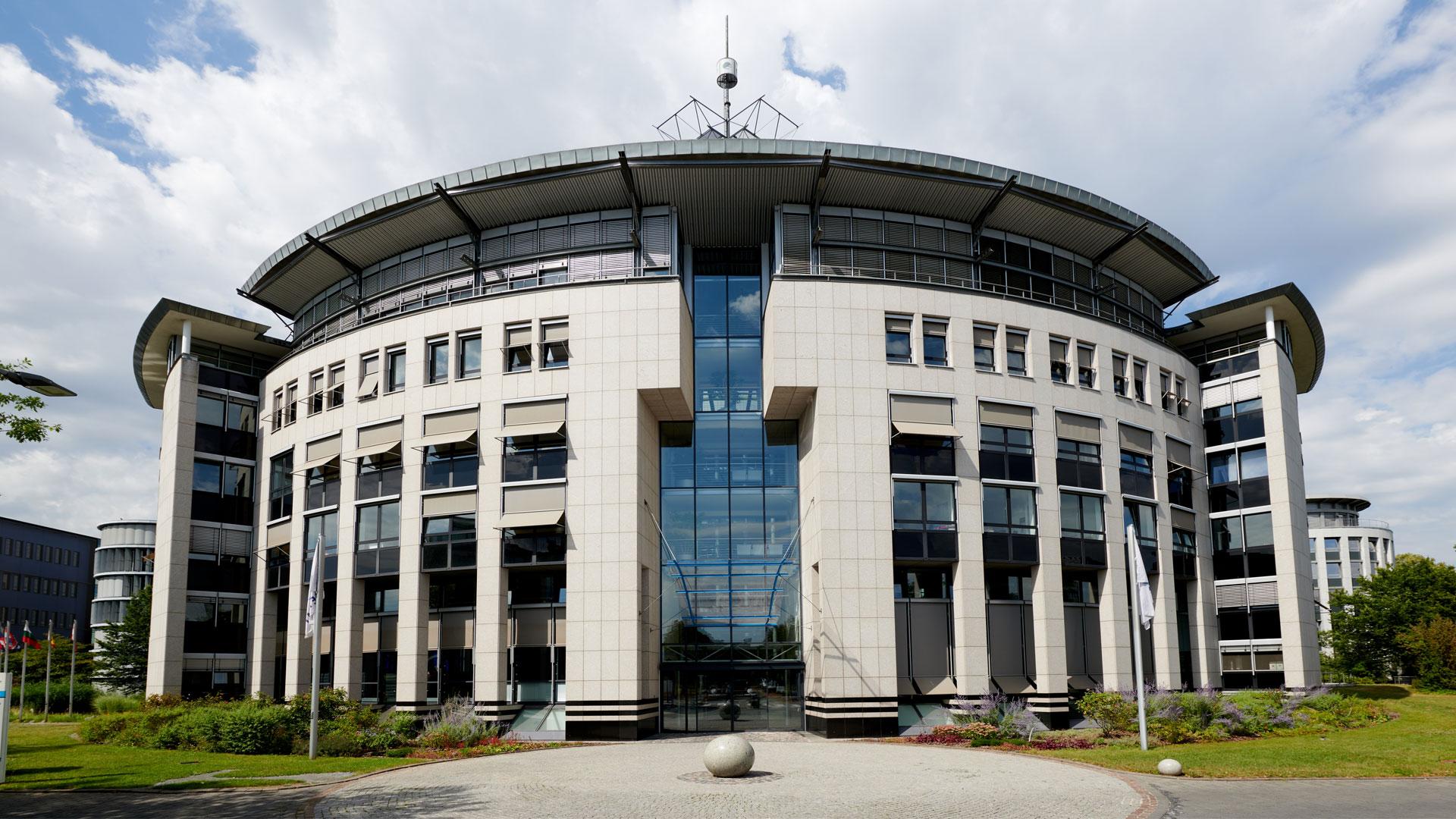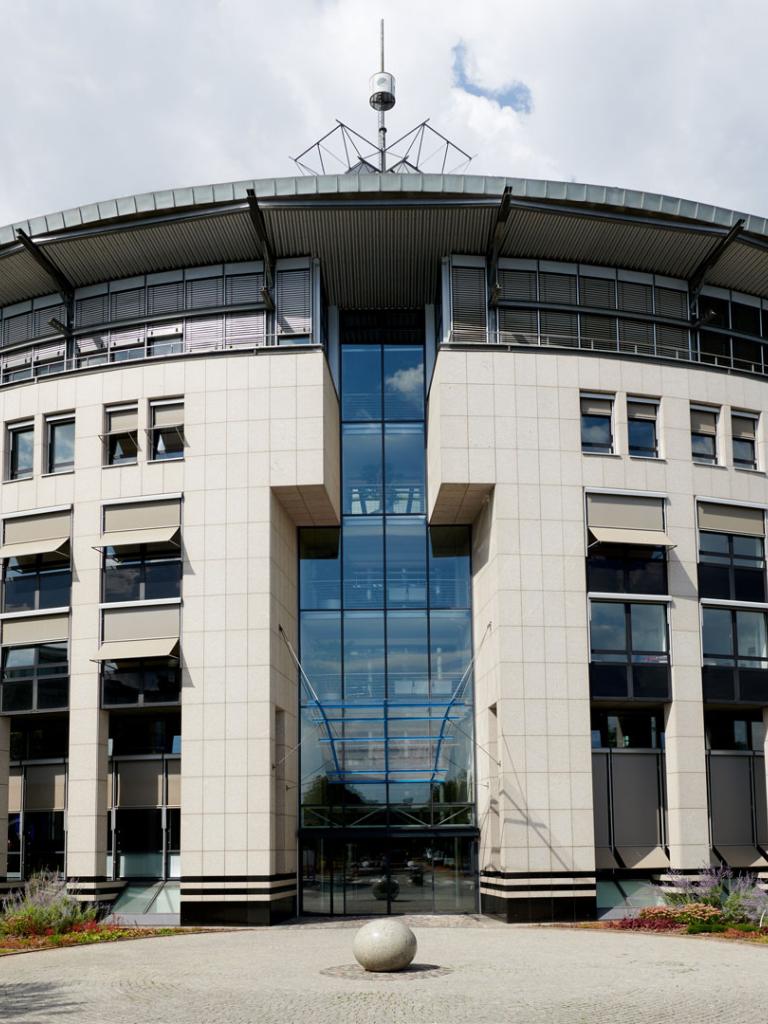
EUMETSAT participates in COP-15


EUMETSAT is participating in the United Nations Climate Change Conference in Copenhagen (COP-15)
05 November 2024
10 December 2009
This participation includes the organisation of a side event during which Professor Paul J. Crutzen, the Nobel Prize-winning atmospheric chemist, will give a keynote address on 11 December.
Professor Crutzen received the Nobel Prize for Chemistry in 1995, together with Mario J. Molina and Frank Sherwood Rowland, for his work on ozone depletion. His keynote presentation at COP-15 is titled, “The Anthropocene: Humans as a Force in Global Environmental Cycles”. Professor Crutzen regards the influence of human behaviour on the Earth in recent centuries as so significant as to constitute a new geological era, the “Anthropocene”.
He is Emeritus Professor in the Department of Atmospheric Chemistry at the Max Planck Institute for Chemistry in Mainz, Germany; the Scripps Institution of Oceanography at the University of California; and at Seoul National University, South Korea. He has authored over 300 refereed, and more than 100 unrefereed, research papers in specialist publications, and co-authored and edited numerous books. His research interests are in atmospheric chemistry and its role in biogeochemical cycles and climate.
In his presentation at COP-15, Professor Crutzen will emphasise the need for continuous operational monitoring of the climate as a prerequisite for informed decision-making. Satellite monitoring of key climate variables is needed continuously in the future, according to Professor Crutzen, who concludes that hard evidence based on satellite observations will help to create public awareness and willingness to accept measures for mitigation of and adaptation to climate change.
The side event will also include presentations on current satellite activities to meet the climate objectives of the United Nations Framework Convention on Climate Change. The Director-General of EUMETSAT, Dr. Lars Prahm, will speak about the Committee on Earth Observation Satellites' (CEOS’) global activities on climate.
CEOS space agencies are committed to continue to provide long-term observations, including EUMETSAT with its Meteosat geostationary and Metop polar-orbiting satellites and, together with its partners, the current Jason-2 and future Jason-3 ocean altimetry satellites. Meteosat monitors extreme weather associated with climate change, such as hurricanes, cyclones and dust storms. The Global Ozone Monitoring Experiment-2 (GOME-2) on board Metop measures trace gases such as ozone, nitrogen dioxide and, along with the satellite’s Infrared Atmospheric Sounding Interferometer (IASI), sodium dioxide. Jason-2 provides continuity in the measurement of rising sea levels associated with global warming.

